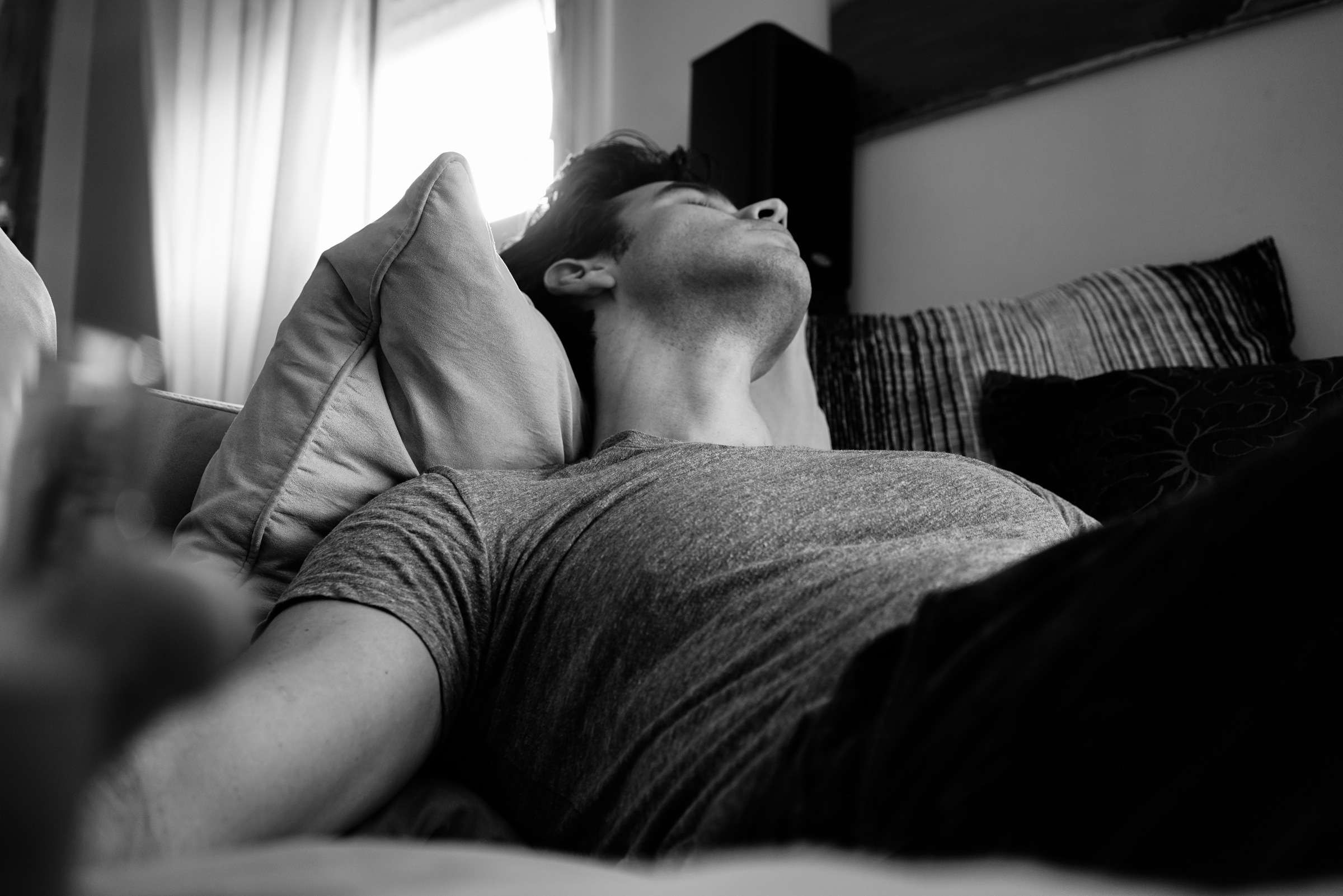Usually nothing that keeps us up at night is very enjoyable, but it’s especially bad when the thing keeping you up at night is muscle cramps. Many people experience muscle cramps at night when they are about to go to sleep, but you can also experience cramps that occur after you have fallen asleep.

A lot of the time the cramps will occur in the legs, but any part of the body can experience nocturnal cramping. Nocturnal cramping can be caused by sitting for extended periods of time, over-exerting muscles, standing in one place for a long period of time, or even spending most of the day with your body slumped over or twisted.
You are more likely to experience nocturnal cramping if you have a job that causes you to sit for long periods of time or stand in one place for a long time. Our bodies are meant to be moved around throughout the day, and when you stay in one place for too long it can cause cramping to occur at night when our bodies finally get a chance to relax and unwind. Alternately, nocturnal cramping can occur from working the muscles too hard throughout the day. For example, if your job is physically active or if you’ve taken an intensive workout class.
To prevent cramping at night, it’s best to get a moderate amount of exercise during the day. Walking for at least 30 minutes after work and before bed can be a great way to prevent cramping because you are working the muscles without overworking them. Another way to prevent the cramps is to stretch. Stretching muscles that are prone to cramping helps them to lengthen and recover. Another way to treat and prevent cramping is by taking certain supplements. Magnesium and iron have been known to show improvements in nocturnal cramping. A combination of moderate exercise and supplements would be the most effective.
If your cramping is severe or long-lasting, be sure to consult a doctor to rule out any more serious causes or conditions. A lot of the time cramping can even be associated with dehydration, so make sure to stay hydrated.

